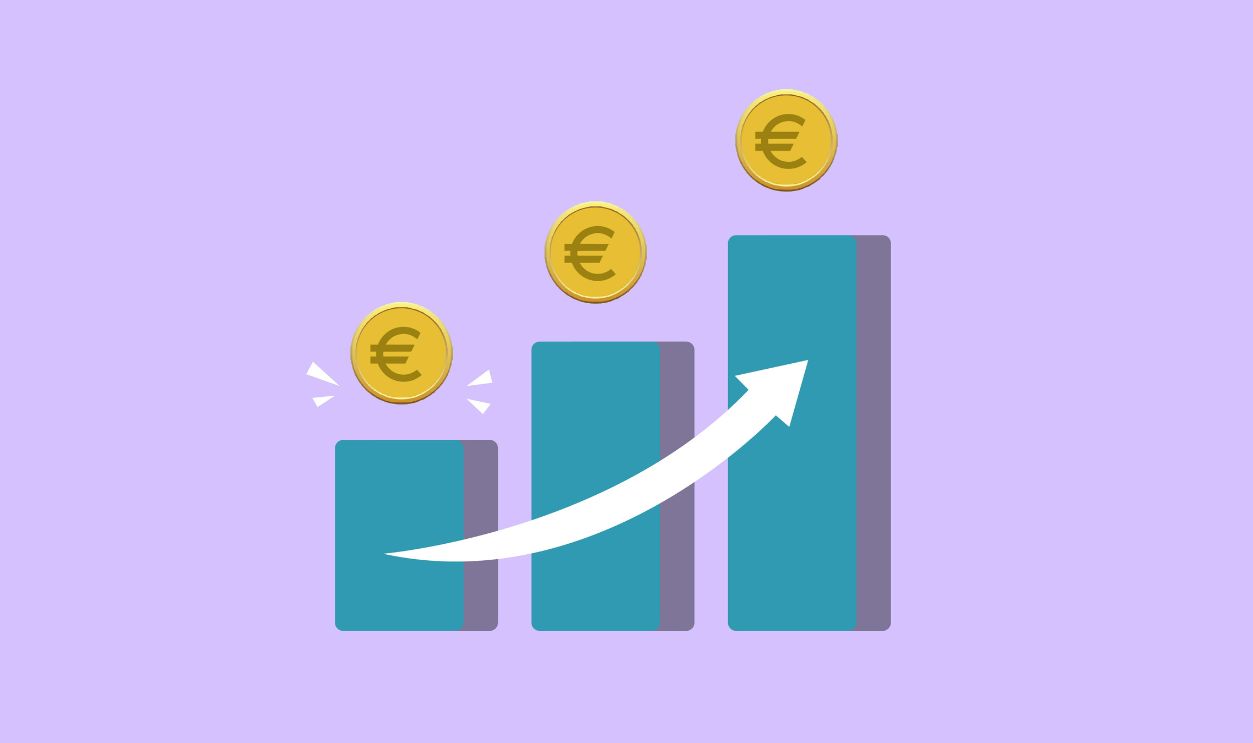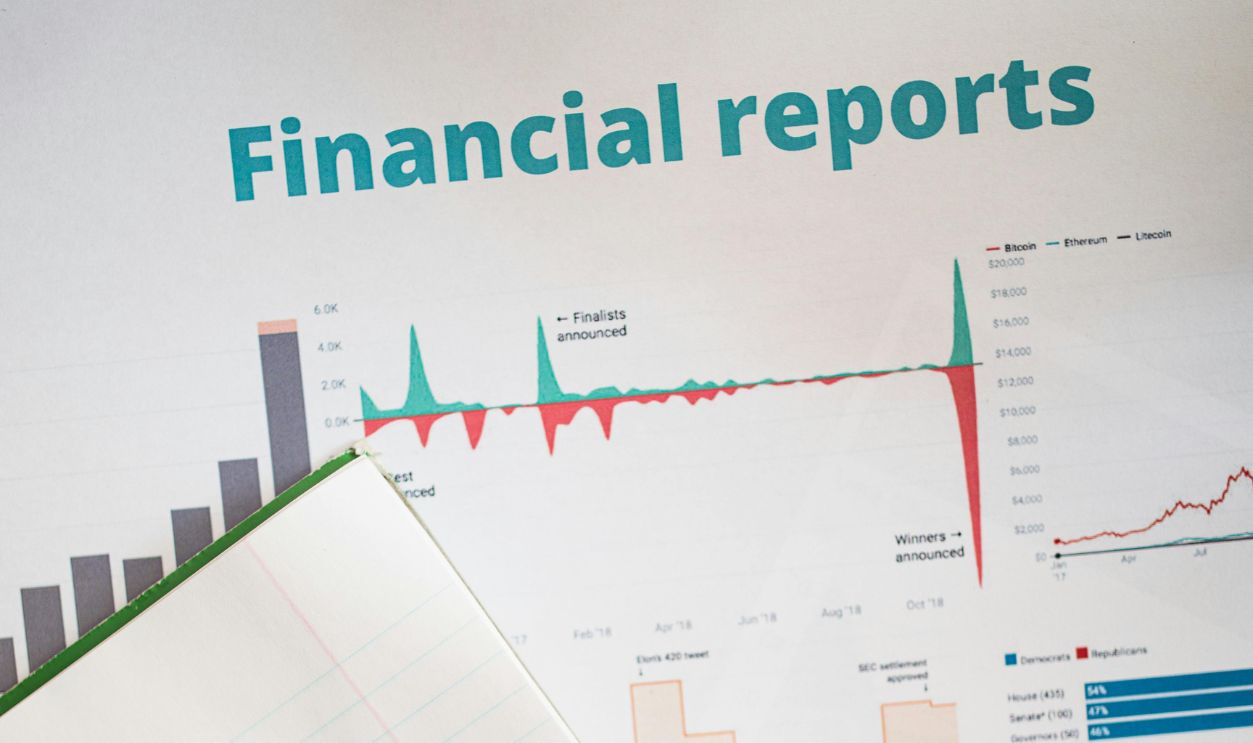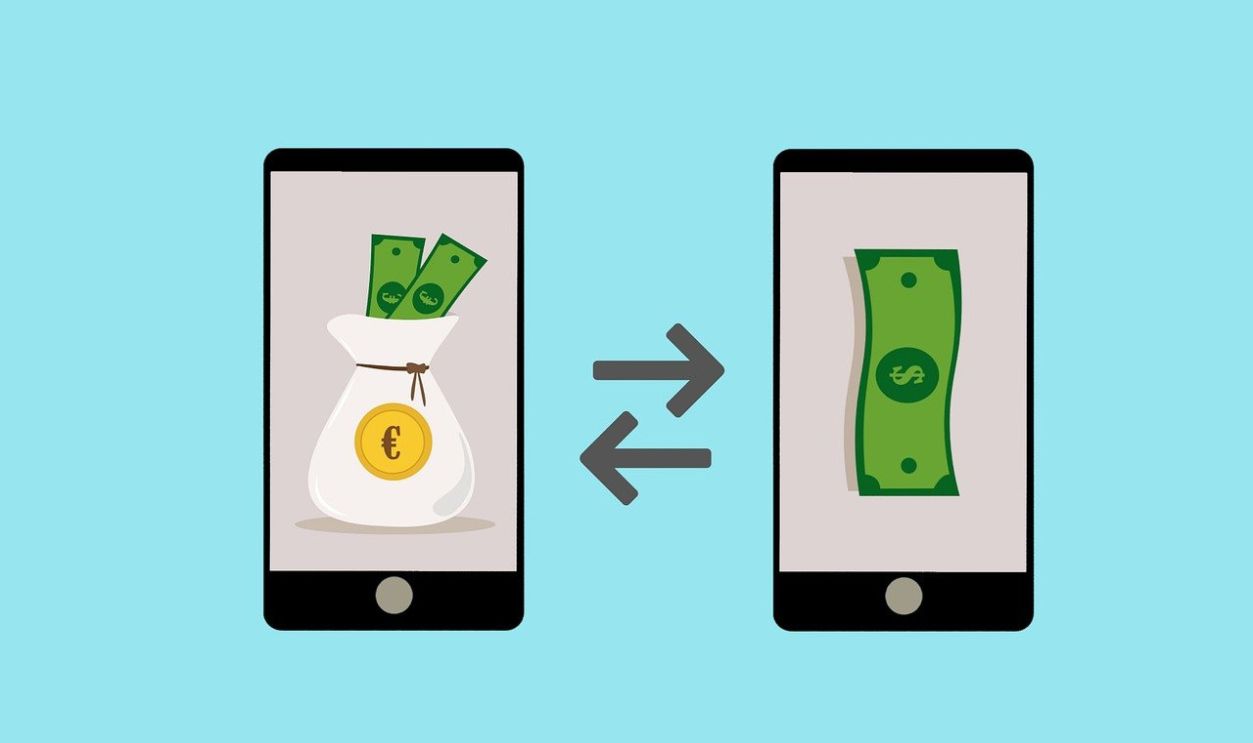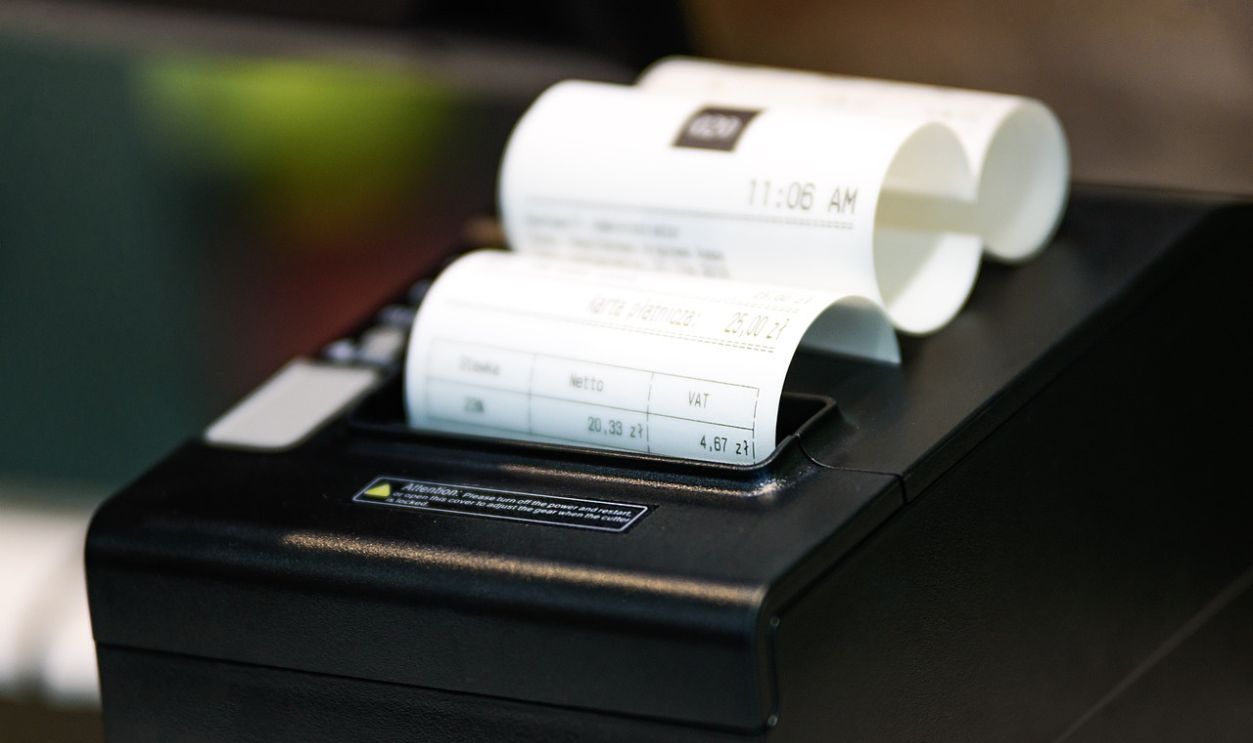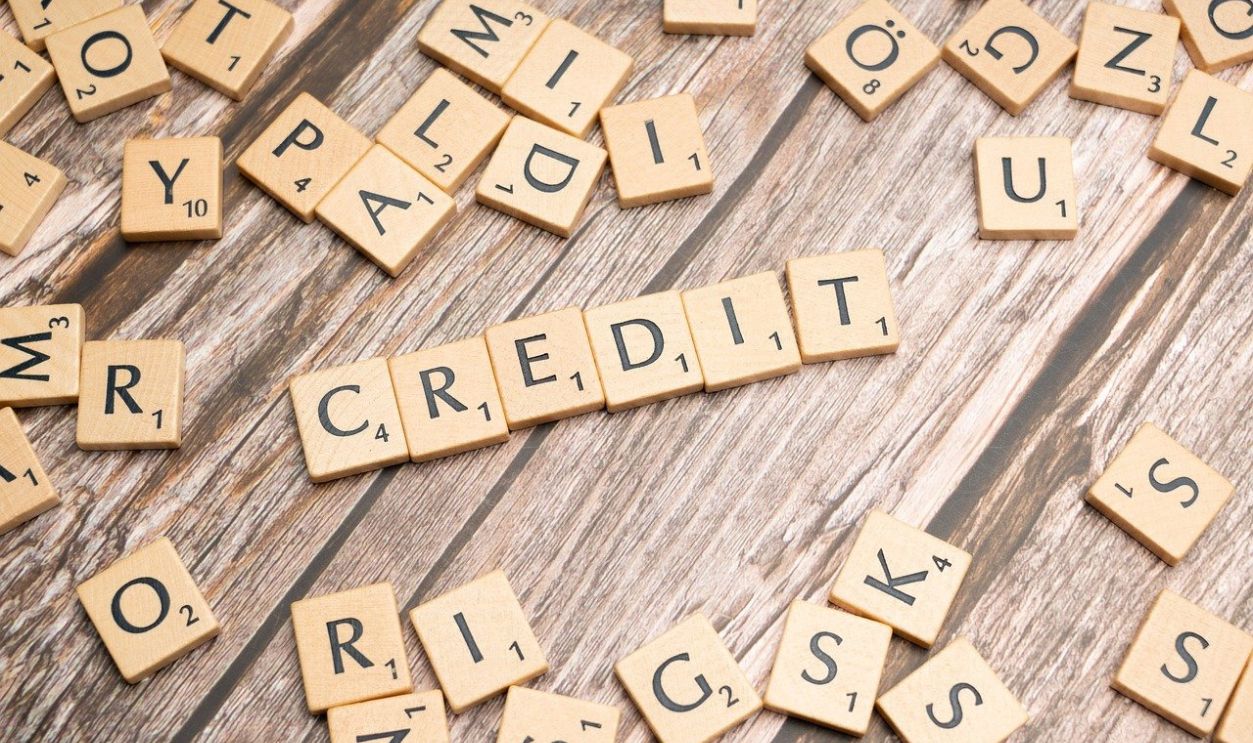Everything Can Be Fixed
Stuck in a credit rut? A low credit score can feel like a roadblock but, hey, it’s not unsalvageable. There are things you can do that’ll boost your score and your confidence pronto.

Does Having A Good Credit Score Matter?
Your credit score affects loan approvals, interest rates, and even job applications. So, yes. It matters. A strong score opens doors to lower costs and better financial opportunities. Did you know that people with excellent credit often save thousands on mortgages?
Is It Even Possible To Increase Your Credit Score Drastically?
Yes, of course. A significant credit score improvement is achievable, but it depends on factors like debt levels and credit history. Paying down debt, correcting errors, diversifying credit types, planning and budgeting—all of this can lead to noticeable gains.
Use Credit Cards Wisely To Your Advantage
Credit cards will either help or hurt your score. Avoid maxing them out and pay the balance in full whenever possible. Small, consistent charges followed by timely payments are proof of responsible credit use. If managed well, they will help you avoid costly interest charges.
Pay Your Bills On Time, Every Time
The largest factor affecting your credit score is your payment history. Even one late payment can lead to a drop in your score. Automate payments to make consistent bill payments a non-negotiable priority. Fair Isaac Corporation ( FICO) says that on-time payments contribute 35% of your credit score.
Reduce Outstanding Debt For A Better Score
High credit utilization is really bad for your score. Try keeping balances below 30% of your credit limit or lower to bring in optimal results. Your first priority should be paying off high-interest debt. That’ll improve your debt-to-credit ratio, and it will show lenders that you’re responsible and financially stable.
Request A Credit Limit Increase
It's basic math: increasing your credit limit lowers your credit utilization ratio, which will eventually improve your score. You can request this from your card issuer, especially and only after consistent, on-time payments. For example, raising a $2,000 limit to $4,000 and still keeping usage under $1,200.
Get Professional Advice From Credit Counselors
Instead of just getting advice from family and friends, certified credit counselors can create a personalized plan to improve your score. Look for agencies accredited by the National Foundation for Credit Counseling (NFCC) for trustworthy guidance. They assist in budgeting debt and might even negotiate with creditors.
Automate Your Bill Payments To Avoid Missed Deadlines
Late payments harm your credit score and often lead to hefty fees. Simply automate payments to ensure bills are paid on time, every time. It’s easy to set up, too; some banks and credit apps often provide free tools. This will completely eliminate the stress of remembering due dates.
 LinkedIn Sales Navigator, Pexels
LinkedIn Sales Navigator, Pexels
Resolve Collections Accounts
Contact collection agencies to negotiate settlements or pay debts in full. Request that resolved accounts be marked as “paid” or removed entirely from your report because unpaid collections damage your score. And it’ll linger on your report for years.
Start Fresh With A Credit-Builder Loan
Credit-builder loans are offered by many banks and credit unions, and they're designed to improve poor credit. When you make monthly payments, they are reported to credit bureaus. Then, at the end of the term, you receive the loaned amount. It’s a low-risk way to establish a positive credit history.
A Secured Credit Card Might Help
A secured credit card is ideal for rebuilding credit. You deposit funds as collateral, which becomes your credit limit. Use it responsibly by maintaining low balances and almost always paying in full. Over time, this shows creditworthiness, which will help you easily transition to cards with higher limits.
Broaden Your Credit Types
A mix of credit types—credit cards, installment loans, and mortgages—enhances your credit profile. This diversification shows lenders you can handle various financial responsibilities. For example, adding an auto loan to your credit card history may boost your score, provided payments are on time (consistently).
Keep Long Standing Credit Accounts Active
That's right; the length of your credit history affects your score. Closing old accounts reduces your average account age, potentially lowering your score. Keep older accounts open, even if unused. If fees apply, consider switching to a no-annual-fee option to preserve the account’s benefits.
Minimize New Accounts
Limit new credit applications to only when necessary because applying for multiple cards in a short period signals financial instability. Focus on maintaining existing accounts responsibly to avoid frequent credit checks, which can harm your profile.
Maintain A Low Number Of Hard Inquiries
Know that every hard inquiry remains on your report for two years. Space out applications to avoid multiple inquiries within a short time frame, or say “bye-bye” to a few points of your score. Each inquiry should serve a clear financial purpose.
Manage Your Credit Wisely With A Budget
Always budget your expenses! Budgeting helps you allocate funds toward debt repayment and ensures timely payments. Use apps or spreadsheets to track income, expenses, and financial goals. A well-planned budget prevents overspending and supports consistent credit improvement.
Avoid Quick Fix Scams
Beware of companies promising instant credit repair. Many scams charge high fees without delivering results. Legitimate improvement takes time and effort, like disputing errors or paying off debt. Trust only reputable organizations like NFCC-accredited agencies to assist with credit recovery.
Add Non-Traditional Payments Like Rent To Your Credit Report
Programs like Experian Boost allow you to include rent and utility payments in your credit profile. These payments often go unreported but can positively influence your score. It even adds subscriptions, like Netflix, to your credit report. It’s free and benefits those with limited credit histories.
 Nicholas Derio Palacios, Pexels
Nicholas Derio Palacios, Pexels
Leverage A Co-signer To Access Loans
A co-signer (with good credit) can get you better terms and improve your chances of loan approval. They share responsibility, which lenders see as reduced risk. Use this option cautiously, though. Make sure to meet repayment obligations to avoid damaging both your credit and your co-signers.
Use Tax Refunds To Pay Down Debt
Why not turn your refunds into long-term benefits? Applying a tax refund to outstanding debt reduces balances and credit utilization. Let's say you use your refund to pay off a $1,000 credit card balance; this immediately improves your score.
Opt For Balance Transfers To Lower Interest Rates
What if you transferred high-interest credit card debt to a card with lower rates? This'll save money and speed up repayment. Look for promotional offers with 0% APR for 12–18 months. This strategy helps reduce overall debt faster, but you gotta avoid accumulating new balances during the transfer period.
Maxing Out Credit Cards—A No-No
I'll say it again: Using more than 30% of your credit limit negatively impacts your score. For instance, a $5,000 limit should ideally have balances below $1,500. High utilization suggests financial strain. Pay down balances or spread expenses across multiple cards to keep usage low and protect your score.
Negotiate With Creditors To Remove Late Payments
Give your creditors a call to discuss removing late payments from your report, especially for first-time offenses. Many lenders offer goodwill adjustments for loyal customers. A polite request and proof of improved payment behavior can really positively impact your credit profile.
Use Cash Instead Of Credit Temporarily
Switching to cash for everyday expenses reduces credit usage and prevents new debt accumulation. Just think of it as a financial reset to regain control over your (dismantled) credit health. This strategy will lower your utilization ratio as you focus on paying off existing balances.
Monitor Your Credit Regularly For Sudden Changes
No doubt that frequent monitoring helps you spot errors or suspicious activity early. It allows you to act quickly and prevent long-term damage. Use free credit monitoring tools (Experian, Credit Karma, myFICO) or check annual reports from major bureaus.
The Avalanche Or Snowball Method
The “avalanche method” targets high-interest debts, saving money in the long run. But there’s also the “snowball method” that builds momentum by eliminating small debts first. Both approaches reduce overall debt and improve your score—choose the one that aligns with your goals and keeps you motivated.
Consolidate Debt For Simplicity
What is debt consolidation? Basically, combine multiple debts into one loan with a lower interest rate. Which means, consolidating credit card debt into a personal loan might reduce interest charges and support faster repayment. This simplifies payments and can lower monthly costs.
Be Cautious With Retail Store Credit Cards
Store cards often come with high interest rates and limited benefits. While initial discounts may seem appealing, carrying a balance can quickly become expensive. Use them sparingly, and avoid opening accounts for one-time perks. You already know that frequent inquiries and high balances harm your credit.
Avoid Multiple Loan Refinancing
Repeated refinancing extends repayment terms and often brings in additional fees. While it can lower monthly payments, the long-term costs outweigh the benefits. Refinancing once, under favorable terms, should be sufficient for most borrowers.
Steer Clear Of Payday Loans
Payday loans charge ridiculous interest rates. They’re trap machines that pull borrowers into a cycle of debt. The Consumer Financial Protection Bureau says that annual percentage rates (APRs) can exceed 400%. Credit union loans or payment plans with creditors are much more sustainable.
 Tony Webster, CC BY 2.0, Wikimedia Commons
Tony Webster, CC BY 2.0, Wikimedia Commons
Negotiate Lower Interest Rates
Get some loyalty perks from credit card companies if you can. Contact them and ask for lower interest rates as a loyal customer. A reduced rate saves money and certainly accelerates debt repayment. Lowering a 20% APR to 15% on a $5,000 balance, for instance, can save hundreds annually.
Use Small Amounts Of Credit Regularly
Charging $50 monthly for groceries and paying it off fully showcases responsible use. Use such small amounts of credit consistently to build a positive history. This steady activity ensures lenders see regular updates to your report. And with time, it will inevitably improve your score.
Open A Joint Credit Account
Joint accounts are great. They combine the credit histories of both parties, potentially improving scores. So, partner up with someone with good credit to enhance approval odds and favorable terms. Know that it’s a shared responsibility that requires trust, and both of you are equally liable for payments.
Avoid Overdrafts On Linked Credit Accounts
Your credit usage should be intentional and manageable. Overdrafts on accounts linked to credit lines can lead to higher balances and fees. These reflect poorly on your financial habits. Keep a buffer in your bank account to avoid accidental overdrafts.
Pay More Than The Minimum Balance
Paying only the minimum balance extends debt repayment and increases interest costs. Aim to pay more each month to reduce your principal balance faster. So, double the minimum payment on a $2,000 balance because that could save hundreds in interest and boost your score.
Allocate Extra Cash To Pay Off Debt
Use bonuses, tax refunds, or other windfalls to reduce debt. Even small amounts make a difference. Just imagine getting an unexpected $500; applying it to a high-interest balance can relieve funds for your other commitments. Your credit profile will thank you for this strategic debt reduction.
Use Apps To Track Credit Usage
Credit monitoring apps, like Credit Karma or Mint, keep you informed about your credit score and usage. They can track spending, personalize recommendations, highlight improvement areas, help with taxes, set goals, and do so much more.
Secure An Installment Loan
Installment loans, such as personal loans or car loans, show lenders you can manage fixed monthly payments. Make payments consistently to build creditworthiness. Repaying a $5,000 loan over 24 months adds a positive history to your profile. Although not a quick fix, it does strengthen your credit over time.
Avoid Co-Signing Loans Unless Necessary
Co-signing makes you responsible for another’s debt if they default. Now, this increases your credit utilization and risks damaging your score if payments are missed. Only co-sign when you know the primary borrower is reliable and financially stable.
Add Positive Credit History As An Authorized User
On the other hand, becoming an authorized user on a trusted person’s account adds their positive history to your report. The primary account holder SHOULD have a strong payment record and low utilization. This is particularly helpful for building credit quickly with minimal risk to your own finances.
Check Your Credit Report For Errors
Inaccuracies on your credit report can harm your score unnecessarily. Check reports annually for discrepancies, like duplicate accounts or incorrect balances. Dispute errors with supporting documentation. Correcting such inaccuracies will definitely help restore your score.
Focus On One Debt At A Time
Targeting one debt at a time prevents feeling overwhelmed. Prioritize by interest rate, balance, or emotional impact—whatever suits you best. Paying off a single debt entirely provides motivation and clears financial space for the next target. It simplifies debt management.
Rebuild Credit After Bankruptcy Strategically
Look, bankruptcy damages credit, but recovery is possible—only with deliberate steps. Start with secured cards, credit-builder loans, and consistent bill payments; things will get better eventually. Focus on establishing a track record of responsibility before anything else.
Patience Is Virtue—It’s Corny And True
Improving your credit score isn’t an overnight process. Results might take months or even years, depending on your financial history. Consistent actions and monitoring are key. That is most important for achieving long-term credit health.







